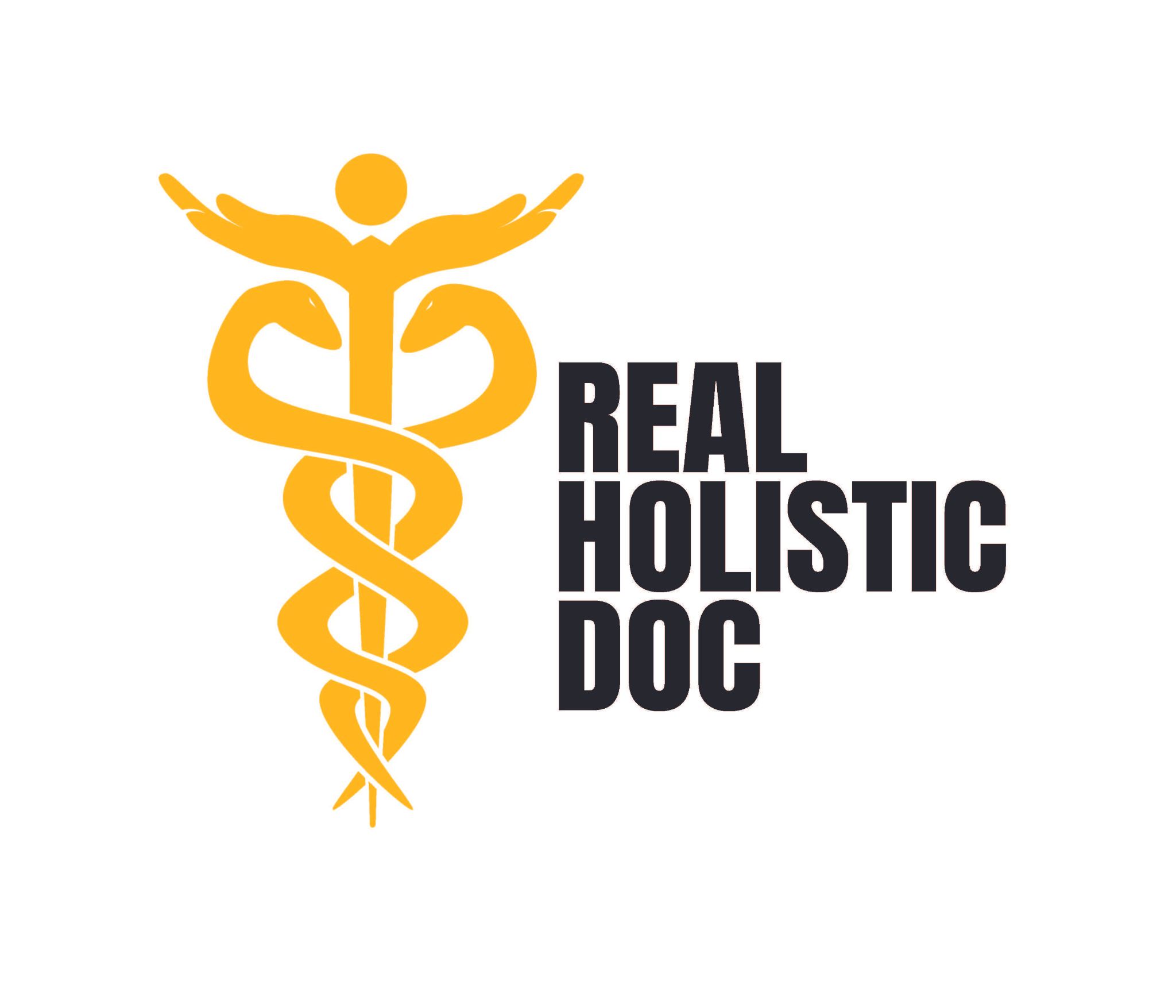The answer is unequivocally yes, antibiotics do weaken the immune system. But it is a toss-up between overuse of antibiotics and Roundup® as to which weakens it more.
Fifty million Americans have autoimmune disorders, largely as a result of antibiotics and Roundup®! And that is partly because Roundup® is in 75% of air and rain and 90% of ground water.
To understand why antibiotics weaken the immune system, it is important to understand how the immune system works.
The immune system is present throughout the body, with the bone marrow, white blood cells, thymus, spleen and small intestine dominant in controlling immunity. Interestingly, the normal, healthy bacteria in the small intestine outnumber all the cells of our body. And antibiotics often wipe out or severely damage those bacteria.
Bone marrow
We can think of the bone marrow as being the birthplace of the immune system. As this is where the common lymphoid progenitor stem cell is created from the hematopoietic stem cell.
White blood cells
The common lymphoid progenitor stem cell differentiates into lymphocytes (B cells, T cells and NK cells). B and T cells are adaptive immune cells. They are responsible for mounting responses to specific microbes based on previous encounters (immunological memory). Natural killer (NK) cells provide immediate defenses against pathogens but also may be retained as memory cells like adaptive immune cells.
Immune cells constantly circulate throughout the bloodstream, patrolling for problems. When blood tests are used to monitor white blood cells, another term for immune cells, a snapshot of the immune system is taken. If a cell type is either scarce or overabundant in the bloodstream, this may reflect a problem.
Lymphatic system
Another important part of the immune system is the lymphatic system. It is a network of vessels and tissues composed of lymph, an extracellular fluid, and lymphoid organs, such as lymph nodes.
The lymphatic system is a conduit for travel and communication between tissues and the bloodstream. Immune cells are carried through the lymphatic system and converge in lymph nodes, which are found throughout the body.
Lymph nodes are a communication hub where immune cells sample information brought in from the body. For instance, if adaptive immune cells in the lymph node recognize pieces of a microbe brought in from a distant area, they will activate, replicate, and leave the lymph node to circulate and address the pathogen. Thus, doctors may check patients for swollen lymph nodes, which may indicate an active immune response.
Spleen
The spleen is an organ located behind the stomach. It is important for processing information from the bloodstream, yet it is not part of the lymphatic system. However, specific areas of the spleen enrich immune cells. When these areas recognize blood-borne pathogens, they will activate and respond accordingly.
Mucosal surfaces
Mucosal surfaces make up the linings of all the body passages that communicate with the air. Some examples are the insides of your mouth, nose and digestive system.
Because they are passageways for air to enter the body, mucosal surfaces are prime entry points for pathogens. To help protect our bodies, we have specialized immune hubs strategically located in mucosal tissues like the respiratory tract and gut.
For instance, Peyer’s patches are important areas in the small intestine where immune cells can access samples from the gastrointestinal tract.
The gut microbiome is key in the development and maturation of a normal immune system. The development and activity of several autoimmune diseases coincide with a range of microbial disturbances.
In other words, when antibiotics destroy the healthy flora in our small intestine, we are at greater risk of autoimmune diseases.
Our immune systems are wonderfully robust and effective when they are healthy.
Unfortunately, when antibiotics and other poisons are overused, our immune systems pay the price and become weakened.
Research has found that antibiotics can sometimes inhibit the immune system’s ability to attack infections.
Two new international studies have shed further light on some of the harmful side effects associated with antibiotics – including damage to the immune system, and memory problems caused by a lack of growth in new brain cells.
Antibiotics weaken the portion of your immune system present in your small intestine which is one of the most dominant parts of your immune system.
Yet, antibiotics are not the only challenge to our small intestines. Our bodies also concentrate Roundup® in them. Since wheat is triple dosed with it and ALL food has Roundup® rained upon it, THERE IS NO FOOD THAT CAN BE CONSIDERED ORGANIC!
This is problematic because the greater diversity of organisms in our gut, the healthier we seem to be. Both antibiotics and Roundup® destroy these organisms.
So, just in case we have not been clear in answering the question, “Do Antibiotics Weaken the Immune System?” YES! without a doubt, they do.
AARDA (American Autoimmune Related Diseases Association) currently recognizes 100 different diseases including lupus, Type 1 diabetes, celiac, multiple sclerosis, Crohn’s disease, rheumatoid arthritis, and many more. And antibiotics definitely weaken the immune system and increase the risk of autoimmune disease.
Norman Shealy, M.D., Ph.D. is the father of holistic medicine. Dr. Sergey Sorin is a holistic physician as well as the CEO and medical director of the Shealy-Sorin Wellness Institute. Both doctors recommend the Biogenics® System as part of your overall commitment to self-health and enhancing your positivity.
